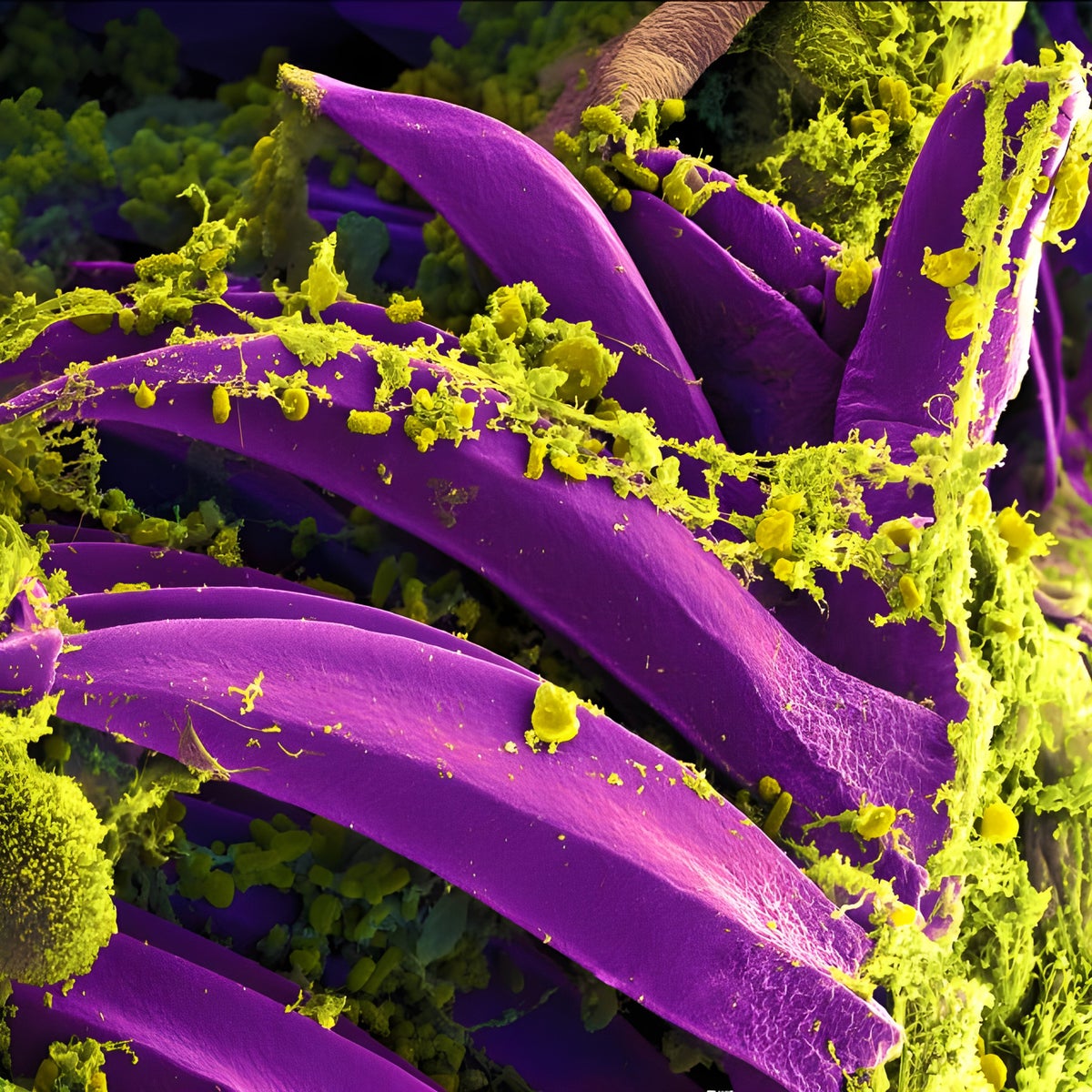
"Our findings in this study characterize a case in which a pandemic-causing pathogen has independently evolved to cause what we believe is a slightly weaker form of the disease."
"When the bacteria were injected beneath the skin, mice infected with the reduced-pla strain lived for almost two days longer than those infected with the normal strain."
Recent research has revealed a small genetic modification in Yersinia pestis, the bacterium responsible for the plague, resulting in a strain that is less lethal yet possibly more transmissible. This adaptation highlights a significant evolutionary shift where the bacterium retains its capacity to spread among small populations despite reduced virulence. The study shows a noteworthy decrease in mortality rates among infected mice, indicating that while the impact of the disease may lessen, its potential for transmission remains potent—raising public health concerns about future outbreaks.
Read at www.nature.com
Unable to calculate read time
Collection
[
|
...
]